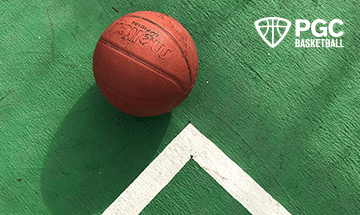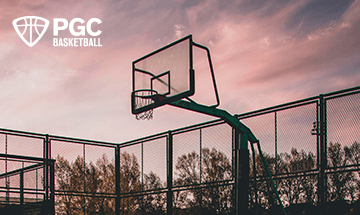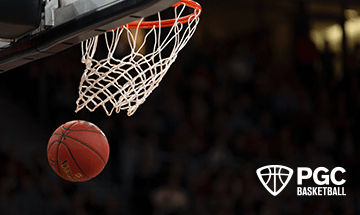How To Help Your Child "Get Out Of Their Own Head"
Here’s a question that recently came across my desk…
DEAR COACH: “How can I help my son avoid “getting inside of his own head”? He’s got a great work ethic, gives 110 percent, and is very coachable… but he struggles with a lack of confidence at times, mostly due to fear of making mistakes and letting down his coach and teammates.”
DEAR PARENT: Great question.
For starters, nobody gives 110 percent. Encourage your son to get in the habit of constantly looking for ways to get 1 or 2 percent better.
If they think hard enough, they’ll find a way.
The player who believes they give 110 percent, has likely stopped looking for ways to improve and do more.
Don’t let your child fall into that sort of mindset.
Second, if you’ve never heard of the mid-19th century psychologist, William James, you’re not alone…
I doubt very many people have.
But the reason I bring him up is because he knew a thing or two about “getting out of your own head”.
And quite possibly the wisest thing he ever said on the subject was…
“People become what they think about themselves.”
Very simple and yet so profound if you really think hard on it.
It’s also not something you hear many youth basketball coaches preach on a regular basis.
You’re more likely to hear things like…
“Hey, stop thinking about it and just start playing.”
Or…
“You gotta get out of your own head and stop thinking too much.”
I’d argue this advice is just plain wrong.
You see, it’s not so much about your child ‘getting out of their own head’ as it is about the thoughts they put into their head.
In my opinion, they should spend more time sitting with their thoughts and exploring their mind.
Not less.
This is even more true in today’s world.
Nowadays, most players don’t spend even a minute a day exploring how they can rewire their thinking habits in a way that’s conducive to building mental toughness.
Instead, they’re too busy trying to break someone’s ankles at a tournament and post the video on social media.
It’s not their fault.
But unfortunately, those cool moves will only get them so far.
And the players who mostly focus on the physical part of the game will probably get left behind.
In any case, the lack of mental training most players receive is exactly why we spend a big chunk of time during our classroom sessions helping players understand the two places confidence actually comes from. These concepts are based on the same ideas that nearly every professional athlete in the country religiously works on with their sports psychologist to gain an edge over their competition.
And once armed with this same kind of information…
… there’s nobody (and nothing) on planet earth that can steal your child’s confidence.
Not a missed shot…
Not a mistake on defense…
Not a negative coach or teammate putting them down…
Nothing.
They’ll have full control over reaching their aspirations and becoming the athlete (and person) they want to be, even if others try to tear them down along the way.
If that’s what you want for your son or daughter, attending PGC this summer can help them do just that and much more.
And remember…
You can get a $200 discount on our 3-camp pass when you purchase it by April 9 at midnight.
Here’s how to get yours before it’s too late:
1. Check out our PGC Basketball Summer Camp Schedule
2. Choose your preferred camp location.
3. Scroll down to the 3-camp pass option under “Tuition Details” and click the orange SAVE NOW button.
Then, follow the instructions on the next page.
Here’s to building (and protecting) confidence!
Mano
Related Articles
3-Point Play: On moving your feet to take a charge, successful leadership, and chasing pleasure
Take charges with your body low and your feet moving. It’s a fallacy that you are not allowed to be moving and still draw a charge.
3-Point Play: On shortening a pass, being a leader who cares, and embracing what makes you different
It should be pretty clear that a six-foot pass is easier to complete than a 15-foot pass.
3-Point Play: On practicing a quick release, leading others to grow, and refining your own consciousness
Nostril time – any time you have the ball near the basket, take the ball straight up into the nostrils of the player guarding you (even if they are a lot taller than you).
About PGC
PGC Basketball provides intense, no-nonsense basketball training for players and coaches. Our basketball camps are designed to teach players of all positions to play smart basketball, be coaches on the court, and be leaders in practices, games and in everyday life.
We combine our unique PGC culture with a variety of teaching methods and learning environments to maximize the learning potential of those that attend our sessions. In addition to spending 6-7 hours on the court each day, lessons will be reinforced through classroom sessions and video analysis.
Our goal at PGC is to empower you with the tools to fulfill your basketball dreams, while also assisting you in experiencing the joy of the journey.
To learn more about PGC Basketball, including additional basketball training tips and videos, visit our YouTube Channel or find us on Facebook, Instagram, and Twitter.














Share This Post